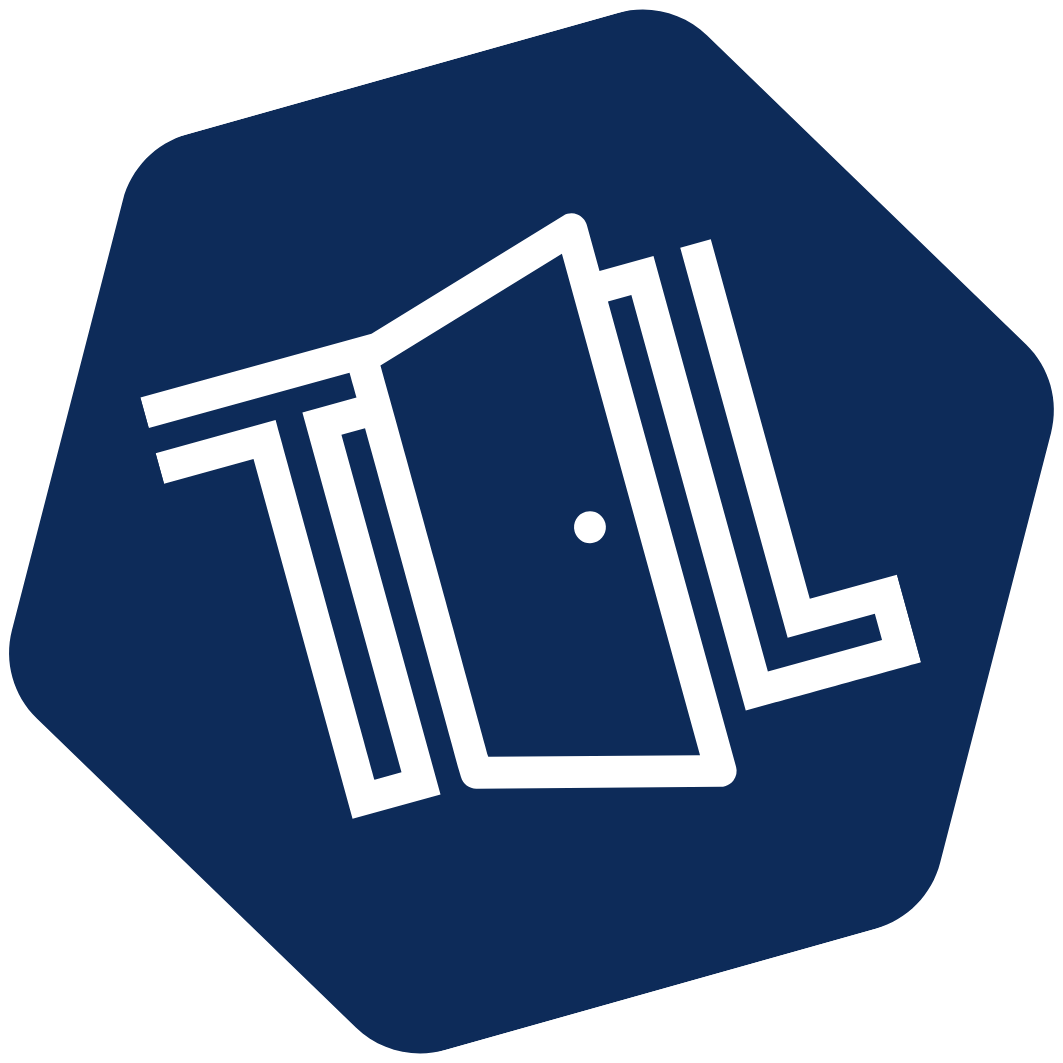Conflict is an inevitable part of life. Whether it's a disagreement with a loved one, tension in the workplace, or navigating difficult family dynamics during the holiday season, conflict can be uncomfortable and challenging to navigate. In this article, we will explore the art of being present in conflict and discuss strategies for managing tense situations with empathy and self-care.
Throughout our conversations, we have touched on the importance of being present and the role of emotional intelligence in fostering healthy relationships. However, when it comes to conflict, the stakes are higher, and the tension can be overwhelming. It is crucial to acknowledge the discomfort and tension that can arise in these situations and find ways to navigate them effectively.
Mental Preparation and Self-Care
Empathy and Understanding
Meeting People Where They're At
Boundaries and Self-Regulation

written by
The Consultancy
Threshold Learning is dedicated to transforming educational experiences by integrating behavior analysis into school settings. We support educators, specialists, and administrators in enhancing student outcomes through evidence-based practices. Our team of experienced consultants provides tailored program evaluation and development solutions to empower schools to foster inclusive and supportive learning environments.
University Product
product description in relation to blog post
Write your awesome label here.
Write your awesome label here.
Download our resource and start learning!
Learn the tools used by the world's top professionals. Boost your confidence, master the field, become a certified professional. We hope our guide provides you with valuable insights and practical tips.
Everywhere you listen to podcasts!
Little Bits of TLC Podcast
Join us for more!
Listen to A Conversation about Finding Empathy in Conflict with our guest, Flora Yao
Project Thrive
Build an inclusive, proactive classroom that supports students with behavioral and mental health needs.
Join the next cohort to develop effective environments, behavior strategies, targeted instruction, essential collaboration skills, and more!
Project Onward
Build a transformative intensive program with your complex at-risk students.
Join the next cohort to develop your self-contained or alternative education program from design through implementation!
Project Bace
Build an effective, individualized functional skills program for your low-incidence students.
Join the next cohort to develop your instructional environment, responses to behaviors, functional academics, and more!
Project Thrive
Listen to this episode about HLPs in general ed. and resource!
Project Onward
Listen to this episode about HLPs in intensive EBD!
Project Bace
Listen to this episode about HLPs in life skills programming!
